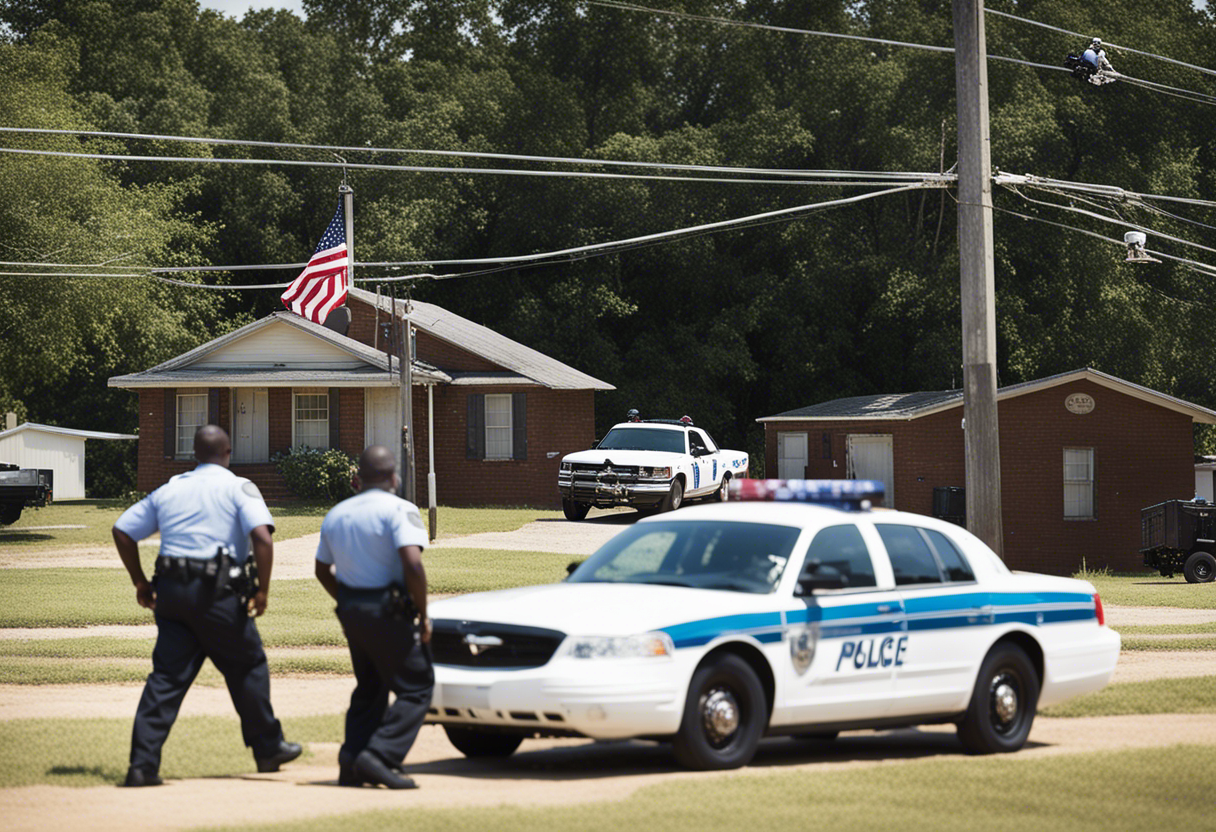The decision of a Mississippi grand jury not to indict a police officer who shot an unarmed 11-year-old boy has sparked controversy. The grand jury concluded that the officer did not engage in criminal behavior when he fired his weapon at the boy during a domestic dispute call. The boy suffered serious injuries, including a collapsed lung and fractured ribs, leading to a federal civil lawsuit being pursued by the family. Both the officer and the boy are of the same race. The officer's attorney expressed relief at the grand jury's decision, mentioning that his client had endured personal and financial hardships as a result of the case. The officer has been placed on unpaid administrative leave pending further action by the Board of Aldermen. The town of Indianola, where the incident occurred, is now at the center of a legal battle as the family seeks justice through a federal lawsuit and further legal action at the state level. The details of the incident, captured on bodycam footage, have raised questions and concerns, with efforts being made to secure the release of the video. Despite the grand jury's decision, the legal battle continues as the family seeks accountability for the actions of the officer involved in the shooting. Noticia: A recent investigation conducted by CBS Reports has revealed that the U.S. government's terrorist watchlist has nearly doubled in size in just six years. The consolidated watchlist, now known as the Terrorist Screening Dataset, included approximately 120,000 people when it was first launched in 2003. However, by 2017, it had grown to include nearly 1.16 million individuals. Now, at the end of 2023, the watchlist contains the names of approximately 2 million people considered known or suspected terrorists, including thousands of Americans.
The government policy states that agents must have "reasonable suspicion" to put someone on the watchlist, but it does not disclose the basis for these suspicions. Furthermore, national security officials acknowledge that there are individuals listed in the database who should probably be removed, but there is a lack of staff to regularly review and audit each person's file.
Being on the watchlist can have significant consequences on people's lives. Numerous civil lawsuits have been filed over the past 20 years by individuals who claim that being on the watchlist resulted in being stopped from flying, failing background checks for jobs, having their devices searched, or even being detained and interrogated by foreign intelligence services. Many innocent individuals have experienced false positives, where their names were mistakenly flagged due to similarities with others in the database.
While individuals can file complaints with the Department of Homeland Security for redress, this is unlikely to help those who are on the watchlist, whether innocent or not. It often takes years of legal battles to prove wrongful listing, as in the case of a Stanford PhD student who fought for nine years to clear her name.
In response to concerns and abuses, the FBI has recently revised its criteria for watchlisting, requiring more identifying information about individuals and prioritizing the collection of biometrics to reduce cases of mistaken identity. However, civil liberties advocates and former counterterrorism insiders are still concerned about government abuses, errors, and a lack of transparency.
The Biden administration acknowledges these issues and is working on reforms to improve the redress process and increase transparency. Although specific timelines for reforms have not been announced, federal officials assure that changes are underway.
Share news

